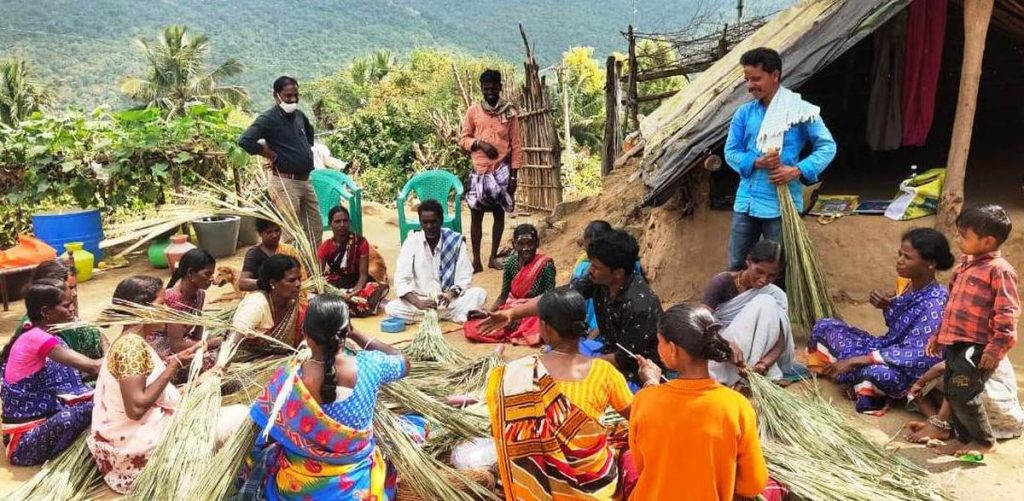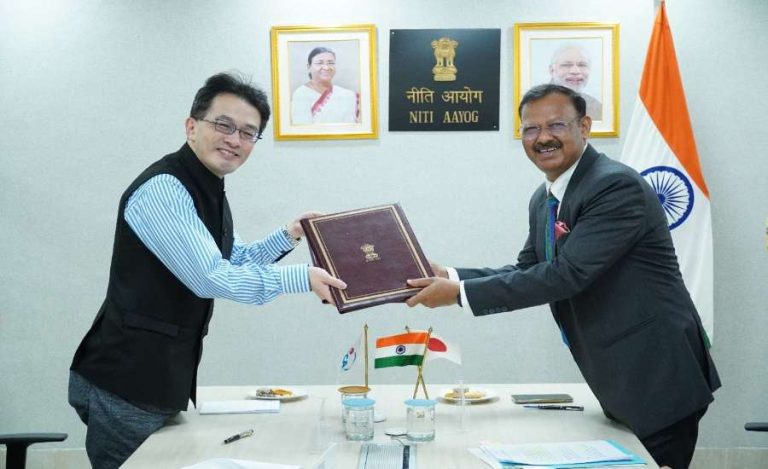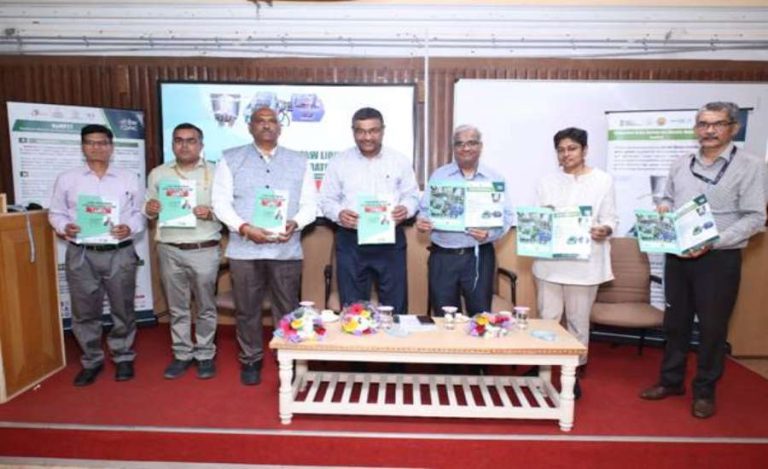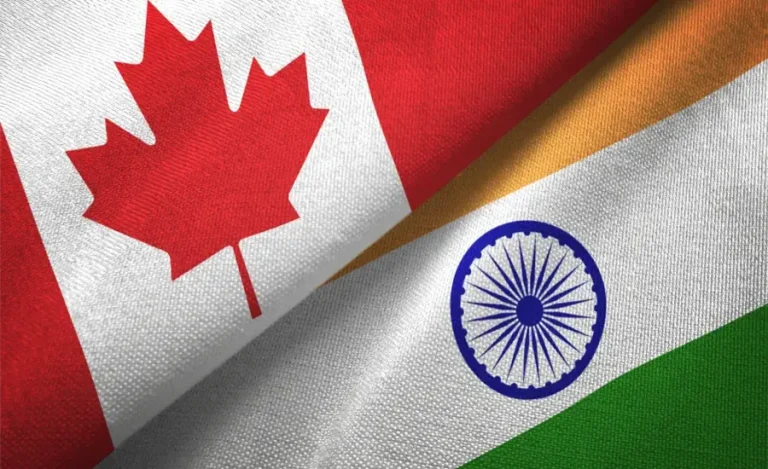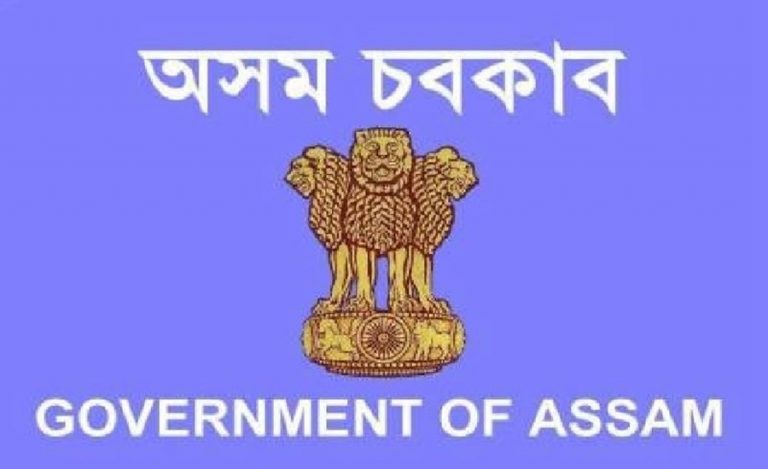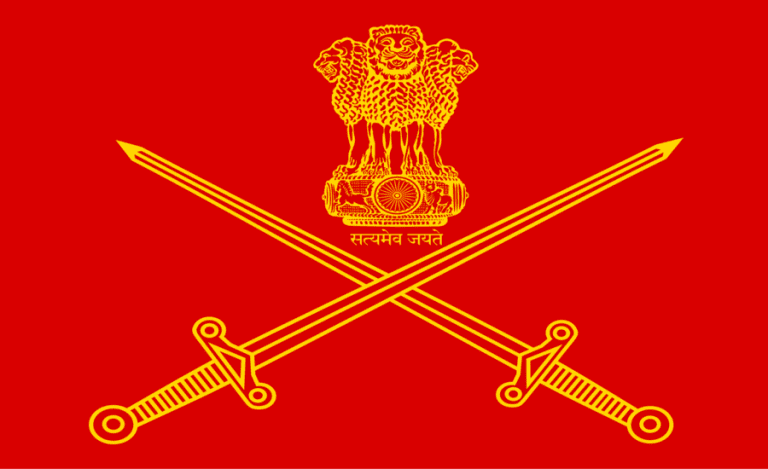Till last summer season, the tribal people living in the Ramaranai tribal settlement inside the Sathyamangalam Tiger Reserve used to collect lemon grass or Seemar from the forest and sell it raw to middlemen at a very low price. They were not aware that the grass had a bigger potential than just selling it as raw material and benefitting the middlemen.
That is when a project named ‘Seemar Broom’ came into play, which not only made the tribals realise about the potential of this lemon grass but also gave them a lucrative livelihood opportunity. It was at the behest of the district administration that the project was put into action for the 22 families living in the remotest part of the district.
VISITING AND IDENTIFYING
The remote hamlet is located just one km away from Talamalai-Dhimbam forest road and comes under Talamalai Panchayat in the Talavadi Hills. Around 67 members belonging to the Sholaga community live there, who are mostly dependent on collecting honey and cultivating crops in their small holdings for their own consumption.
While speaking to Indian Masterminds, DC Erode, H Krishnanunni said that the project was initiated in Ramaranai hamlet as it falls under the remotest areas of the district, as they initiate such projects in the most challenging areas. When he visited the place, he got to know firsthand that the tribals need accessibility and livelihood opportunities, without which they were migrating to other places.
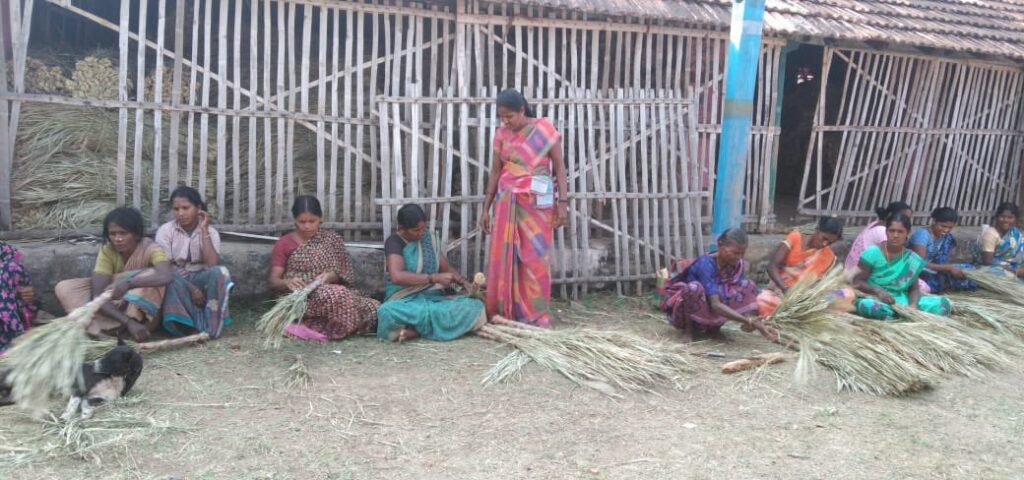
“As the tribals were collecting lemon grass during the summer season and selling the raw material, the potential was already known. When I was serving as the Sub-Collector, I got to know about the potential of value addition, and now coming as a Collector of Erode, I have initiated a project for the same to create employment and livelihood opportunities for these people,” he said.
VALUE ADDITION
Thus, the district administration initiated the ‘Seemar Broom’ project through the rural development department, specifically the women development corporation. And a women tribal Self-Help Group was formed in Ramaranai hamlet. Mr. Krishnanunni said, “Once the SHG was formed, we gave them revolving funds, which were also the first initial funding for this project. Soon we brought in some trainers who knew how to make brooms out of the Seemar grass. As the trainers had a unique style of making the broom, technical training was thus provided to the women SHGs.”
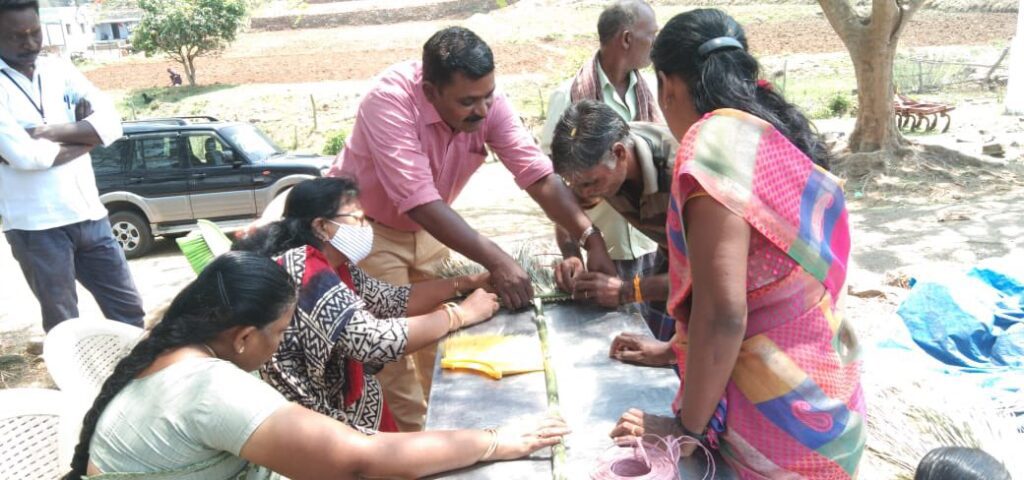
Earlier, the tribal people used to collect the Seemar grass and sell the raw material to the middleman for around Rs. 25 per kg. During this process, the main benefit was being availed by the middleman as he had a greater margin than the tribals.
However, with this project, they were adding value to the grass and making a product out of it. After providing training to the women SHGs, they started making the brooms. As the administration funded the women SHGs, they became very much interested in making it. The next thing which the administration did was to purchase the products through the district marketing society, which is an apex body for all the SHGs in the district. All the products were purchased, and payment credited immediately to their bank accounts.
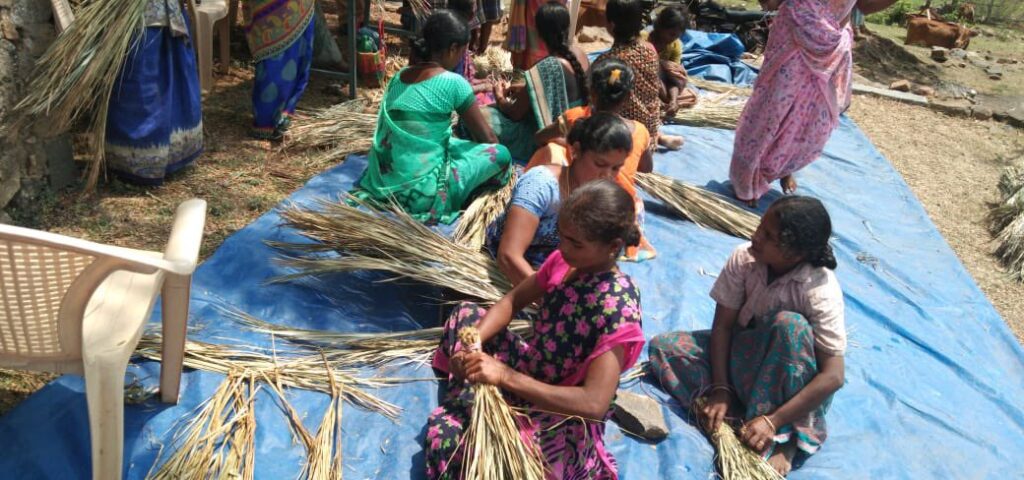
After purchasing the brooms, the administration distributes them to other SHGs in the district as well. Mr. Krishnanunni said, “The demand is so high that we do not have to send the product out, it is consumed within the district. Also, the Ramaranai women SHGs, who used to make only Rs. 25 from 1 kg of grass, now makes two brooms from 1 kg and sell it for Rs 40-50 each.” Through this initiative, they are almost making three times of what they were getting earlier. Till now around 3,000 such brooms have been sold which have already made a turnover of over 1 lakh rupees. The officer is also taking the initiative to other hamlets and training has started in nine other villages as well.

